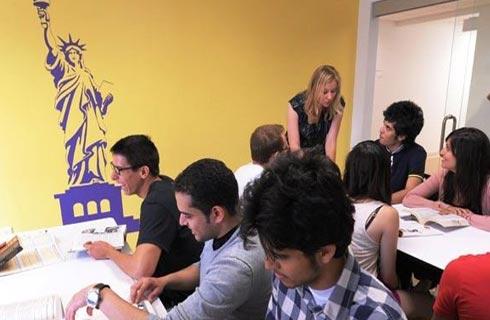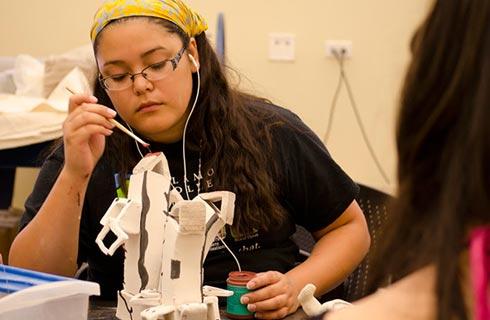BSc (Hons) Banking with Financial Technology (Fintech)

班戈大学

QS排名:566
学历文凭
Bachelor Degree with Honours
国际学生入学条件
展开
IDP—雅思考试联合主办方

雅思考试总分
0
了解更多
- 雅思总分:0
- 托福网考总分:0
- 托福笔试总分:0
- 其他语言考试:
CRICOS代码:N312
申请截止日期:请 与IDP联系 以获取详细信息。
课程简介
Financial Technology (Fintech) is a rapidly growing sector, with an increased number of businesses adopting technologies to improve andor automate financial services. We see the development of financial technologies daily from using your phone as a payment mechanism to apps that allow real time transactions. Graduates with Fintech skills are in growing demand as businesses become more consumer-focused and adopt further technological developments. Fintech continues to disrupt traditional business processes and companies are looking for ways to adapt these changes. Studying Banking with Financial Technology allows you to look at the impact global financial system has upon individuals, organisations, markets, the wider economy and the environment. Businesses are increasingly looking for graduates with analytical skills to help them make informed decisions. By studying Banking with Financial Technology at Bangor University you’ll gain an in-depth understanding of the business environment within a real-world context. This course focuses on developing strong analytical, statistical, and coding skills meaning you’ll graduate with a career-relevant qualification. You’ll learn the practical workings of financial institutions, as well as the economics that underlies them. This course in Banking and Financial Technology will help you understand how financial markets work, how financial services firms are managed, and the role of financial technology in revolutionising how financial firms create value. We’ll look at the risks and challenges posed by evolving market structures. You will develop a detailed understanding of banking and finance and acquire technical skills which will equip you for a career in the financial andor technology sectors. Placement Year and International Experience Year Available
展开
相关申请

预科

奖学金

实习机会

在校学习

跨境学习

校园授课-线上开始

在线/远程学习
学校排名
世界排名
401
数据源:泰晤士高等教育世界大学排名

关于班戈大学

班戈大学自 1884 年建校以来,一直致力于提供世界一流的教学和研究。班戈大学位于北威尔士,地理位置优越,适合希望体验充满活力的生活方式和令人兴奋的户外活动的学生。班戈大学有多种学科课程可供选择。该大学是北威尔士医学院的所在地,新设施有助于培训学生从事医疗行业的各种工作。该校还提供海洋科学等专业科学课程,并拥有自己的研究船--马多格王子号。班戈大学的学生在第一年(9 月入学)可享受住宿保障,并可选择加入 150 多个俱乐部和社团中,结识志趣相投的人,建立牢固的社会纽带,在学习之余享受乐趣。班戈大学卓越的课程设施和热情洋溢的教师团队有助于确保所有学生都能享受到量身定制的丰富学习课程。学生将受益于专业级的资源和学习空间,以及真正关心帮助培养下一代行业领袖的教学人员。斯诺多尼亚国家公园距离班戈大学近在咫尺,可以欣赏到壮丽的景色,可以散步,还可以尝试各种户外运动。在稍远的地方,学生可以乘坐火车方便地到达利物浦和曼彻斯特,以及北威尔士的其他旅游胜地,包括众多美丽的海滩,学生可以在课余时间去探索。
本校相关课程
学历文凭
Masters Degree (Taught)
学历文凭
Masters Degree (Taught)





































